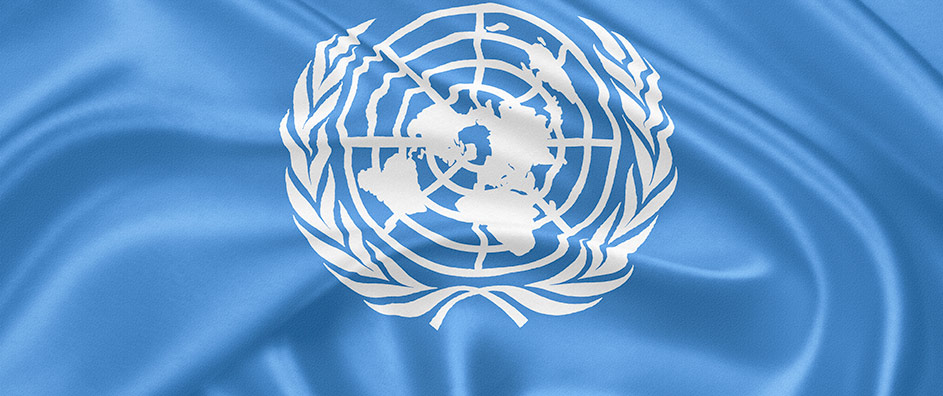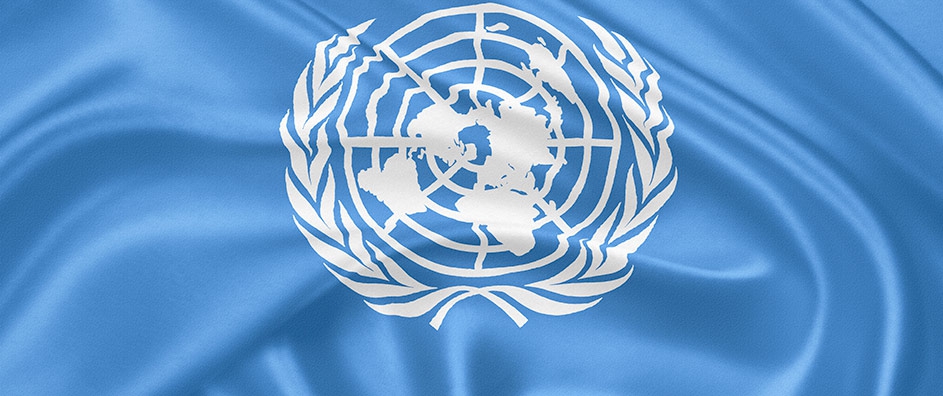The views expressed in our content reflect individual perspectives and do not represent the authoritative views of the Baha'i Faith.
 Today marks International Human Rights Day, when the entire world recognizes the innate and inherent rights of all people.
Today marks International Human Rights Day, when the entire world recognizes the innate and inherent rights of all people.
This day celebrates the Universal Declaration of Human Rights. It’s a little document, with a brief preamble and thirty short articles, easy to read in a few minutes, and if you’ve never seen it you owe it to yourself to take a look here.
Sixty-five years ago, on December 10, 1948, the United Nations adopted the UDHR. After the preface, it begins like this:
THE GENERAL ASSEMBLY proclaims THIS UNIVERSAL DECLARATION OF HUMAN RIGHTS as a common standard of achievement for all peoples and all nations, to the end that every individual and every organ of society, keeping this Declaration constantly in mind, shall strive by teaching and education to promote respect for these rights and freedoms and by progressive measures, national and international, to secure their universal and effective recognition and observance, both among the peoples of Member States themselves and among the peoples of territories under their jurisdiction.
No worldwide body; no nation; no culture and no society ever did this before – in one document, at one time, proclaim the “common standard of achievement for all peoples and nations” to declare that each human being has inalienable rights and freedoms granted by God.
Throughout all of human history, before this universal declaration, the rights and freedoms of humanity came, often by fiat, from governments, kingdoms and fiefdoms, religious authorities or the rule of force. Some still do – but the UDHR has changed that reality in its 65-year existence. Since 1948, the majority of the world’s governments have recognized the rights and freedoms of their citizens. We still have a long way to go, especially in fragile states and the remaining despotic oligarchies that run roughshod over the human rights of their residents. But now, with this document setting the standard for freedom, the human race has begun to move ineluctably toward its grand vision.
During 1947, the year before the United Nations adopted and codified the Universal Declaration of Human Rights, many individuals, groups and organizations worked on the document, making recommendations for its composition. The Baha’i International Community, headquartered in New York, made its contribution, too – called A Baha’í Declaration Of Human Obligations And Rights – and presented it to the first session of the United Nations Commission on Human Rights, held at Lake Success, New York in February of that year. (The Commission, chaired by Eleanor Roosevelt, worked for two years on the UDHR.) The Baha’i Declaration began this way:
The source of human rights is the endowment of qualities, virtues and powers which God has bestowed upon mankind without discrimination of sex, race, creed or nation. To fulfill the possibilities of this divine endowment is the purpose of human existence.

UN Mission renovates orphanage in Côte d’Ivoire protecting these children’s right to shelter © United Nations
Human rights can be established in terms of social status when members of the community realize that the gift of life and conscious being obligates them to meet responsibilities owed to God, to society and to self. Mutual recognition by members of the community of the truth that their lives emanate from one and the same universal Source enables them to maintain ordered relationships in a common social body. – Baha’i International Community, February, 1947, A Baha’i Declaration of Human Obligations and Rights.
Ultimately, much of the substance and wording of the Baha’i document found its way into the Universal Declaration of Human Rights.
As the process went forward to complete the UDHR, the Baha’i International Community worked for its adoption around the world. Baha’is in various countries urged their governments to recognize and ratify the UDHR, and after it was completed and successfully adopted the Baha’is advanced a campaign to recognize the Declaration and help educate the world about it. The campaign, called “Human Rights Are God-Given Rights,” took root in the United States first, but soon spread globally, making the Baha’i community the earliest religious organization to advocate for worldwide protection of the human rights of all people.
One of the most prominent statements in the Baha’i document seems especially powerful and prescient today:
The true destiny of the national state is to build the bridge from local autonomy to world unity. It can preserve its moral heritage and function only as it contributes to the establishment of a sovereign world. Both state and people are needed to serve as the strong pillar supporting the new institutions reflecting the full and final expression of human relationships in an ordered society. In delaying to fulfill the historic mandate given the peoples and nations of our age to unite, we give opportunity and encouragement to subversive forces whose weapon is confusion and whose aim is chaos. – Baha’i International Community, A Baha’i Declaration of Human Obligations and Rights, February, 1947.
You May Also Like
Comments

















http://en.apologet.net/about-natural-rights-or-how-the-un-admitted-the-existence-of-god/